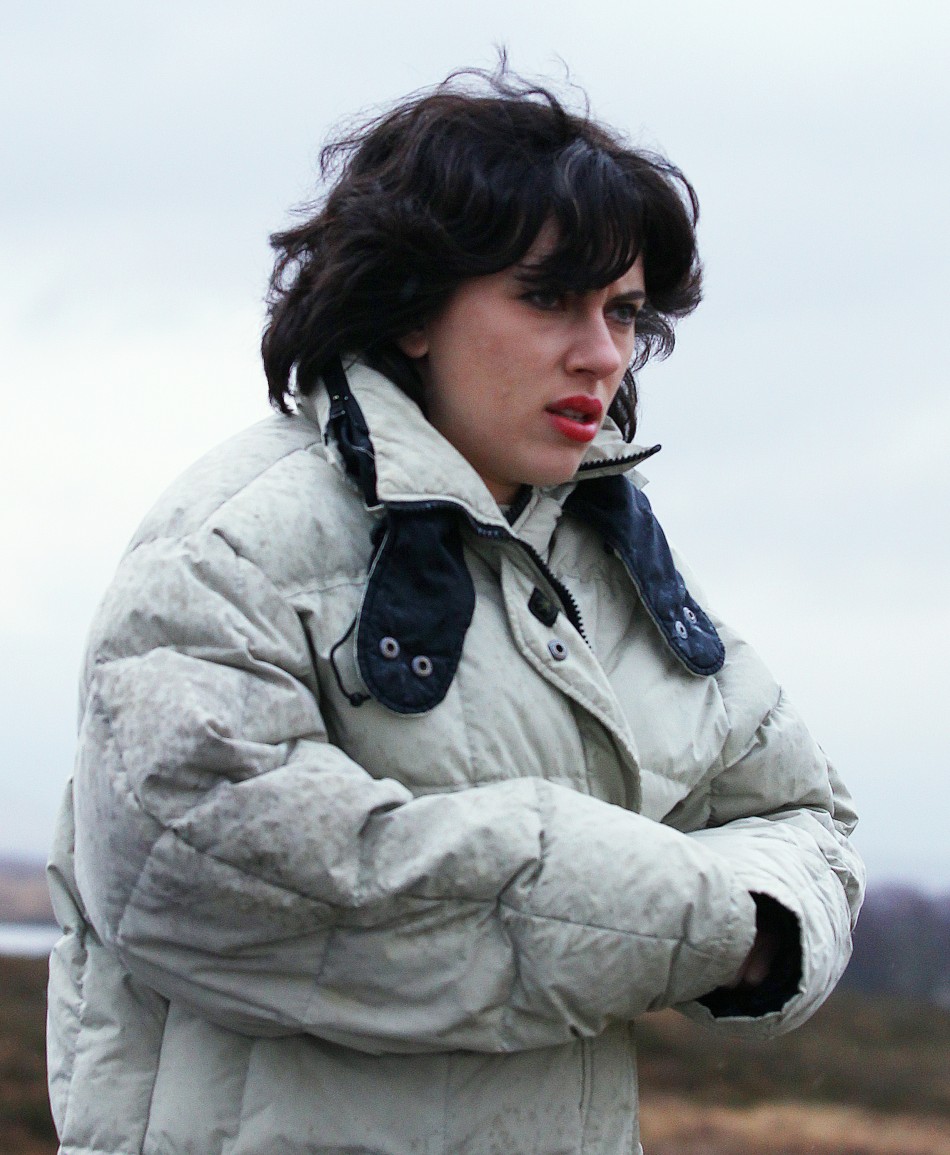Rating : 69/100 141 Min 
Spielberg’s latest delivers a film stylistically similar to his last, ‘Lincoln‘, with its focus on one central historical character and the legal, human and emotional struggle he finds himself having to negotiate for the outcome he desires; one that flies in the face of the odds and stands to make him multiple enemies. James B. Donovan (Tom Hanks) is the gifted insurance lawyer working in 1957’s New York City who is chosen, because of his talents and his solid reputation, to defend captured alleged Soviet spy Rudolf Abel (played by renowned stage actor Mark Rylance), and who will find himself embroiled in diplomatic and legal intrigue with his values and wit tested beyond any normal and fair measure as he stands resolute in Abel’s corner, eschewing the piecemeal defence he was expected to mount.
Donovan turns out to be fully worthy of firstly being committed to film, but also of the calibre of the filmmakers responsible for doing so, and Hanks is as comfortably likeable and commanding as he always is. Interestingly, the story features the top secret operations of the American U-2 spy planes (an aircraft that was nicknamed ‘Dragon Lady’, incidentally), and Donovan’s daughter Carol is played by none other than the lovely Eve Hewson, who is of course the daughter of U2 frontman Paul Hewson, aka Bono.
Rylance delivers an impressively stoic performance replete with an utterly convincing Scottish accent – Abel was apparently born and bred in Newcastle but nevertheless sounded like he was from north of the border, which is why the screenplay relates he was born in northern England but then makes deliberate mention of Scotland when Donovan pretends to be going on a fishing trip there (although this anecdote is historically accurate) – The Red Dragon appreciates the acknowledgement, otherwise people may have thought they used northern England because of the old fashioned falsehood that nobody would know where Scotland was (incidentally, I meet mortals from all over the world on a regular basis and time and time again they tell me ‘Braveheart’ (95) is especially popular in their country. It really helped put Scotland on the map internationally and is apparently shown as a sort of Christmas staple around the globe {come to think, it was shown here on Film4 a few days ago too}. I wonder what it is that all nations can relate to in it … ).
The movie has numerous saccharine moments and a few fanciful overly patriotic ones too, such as a brief aerial action ‘hero’ sequence that’s not in the least believable, although it does have visual parallels with scenes in other Spielberg films, like ‘Tintin‘, ‘Indiana Jones and the Last Crusade’ (89) and ‘E.T.’ (82), and it’s fascinating to learn more about the director’s approach, such as turning up way before everyone else on set (after watching several movies in the early hours of the morning) and only then really thinking about, and going through, how he’s going to film that scene, constantly asking himself what the heart of the movie really is, what it’s really trying to say and so on.
A genuine filmmaker through and through, his final version proves intriguing from start to finish if a little long for the story, where perhaps less of the secondary characters in Matt Charman’s script (who gave it to the Cohen brothers to spruce up a little) could ultimately have proven more, just as veering away from Janusz Kamiński’s borderline cheesy cinematography (it’s the Cold War so everything looks cold for the most part with predominant shades of blue and grey etc.) and not condensing several months of negotiations into a couple of days may have helped the film ring a little more true. Compelling, mostly accurate and well crafted nonetheless, the classic tale of someone standing up for what they believe in, and using their intellect and charm to try and persuade everyone else they’re right, is there for us to enjoy and we can expect at least a few Oscar nods coming its way in the new year …






